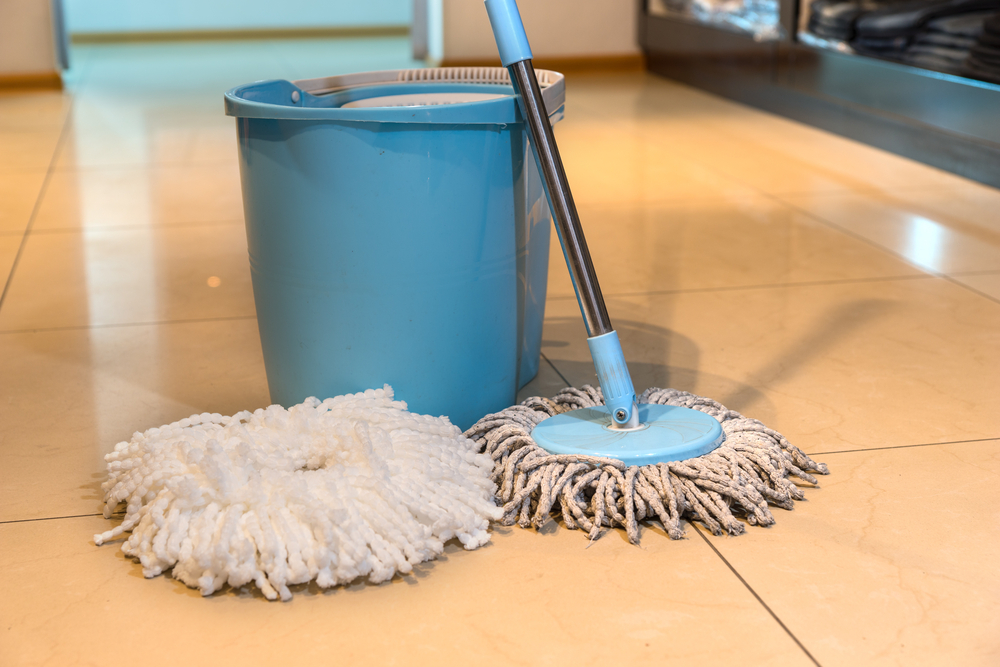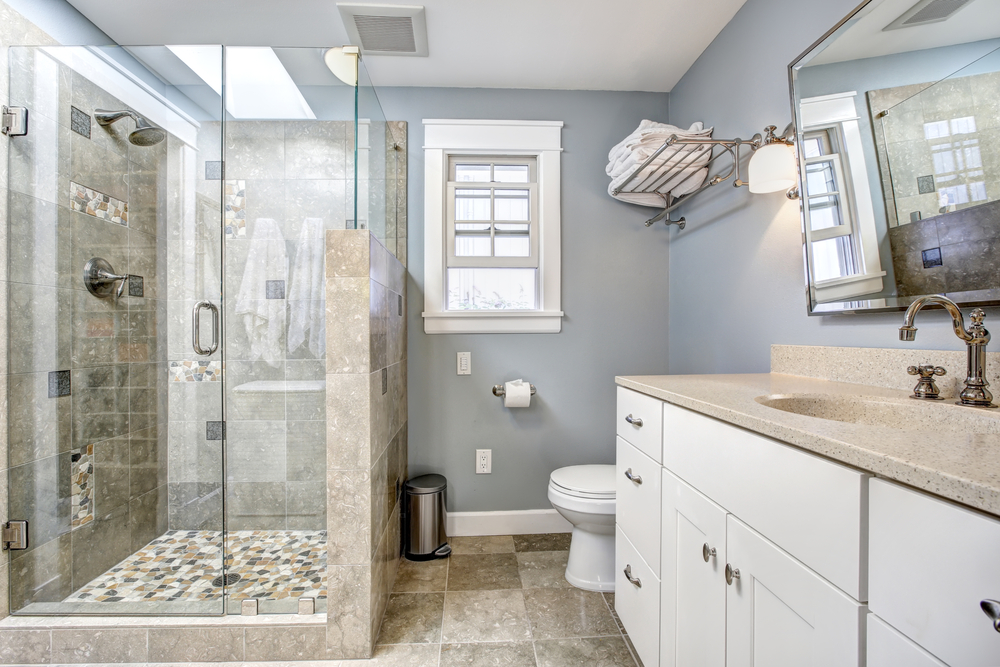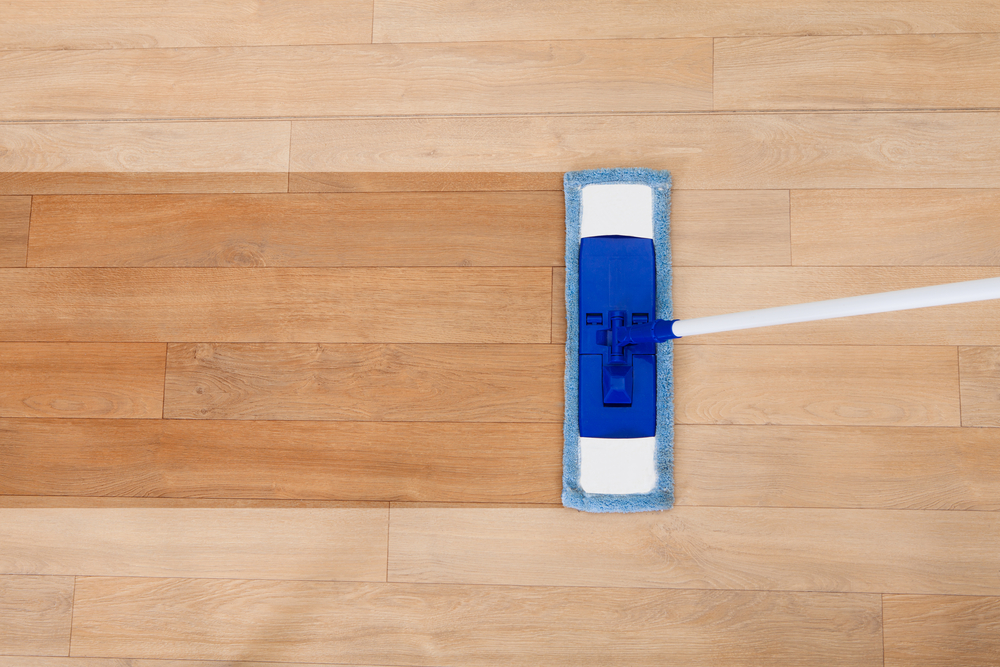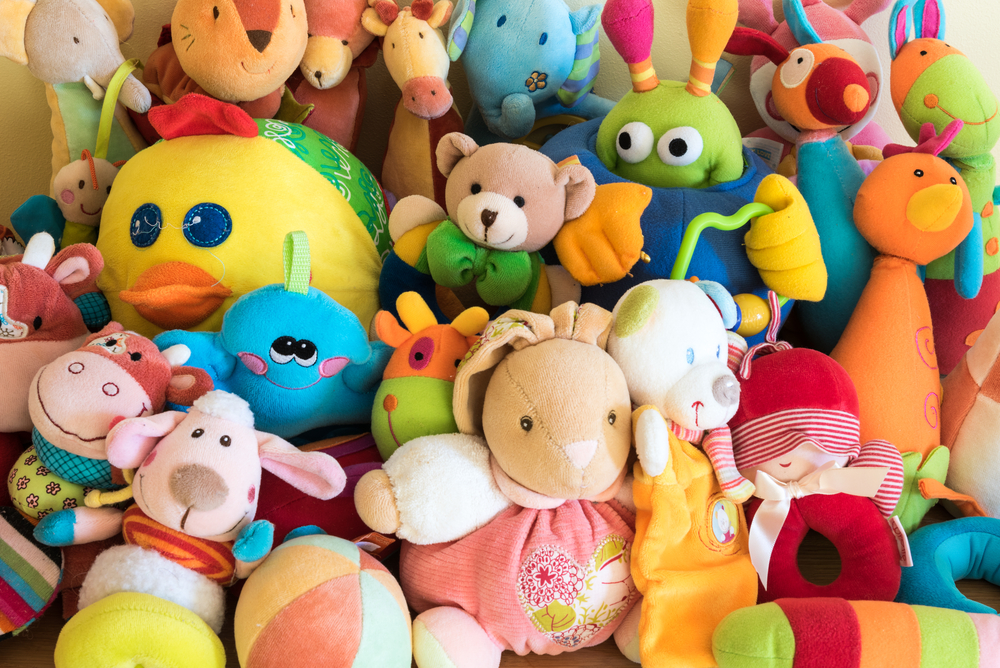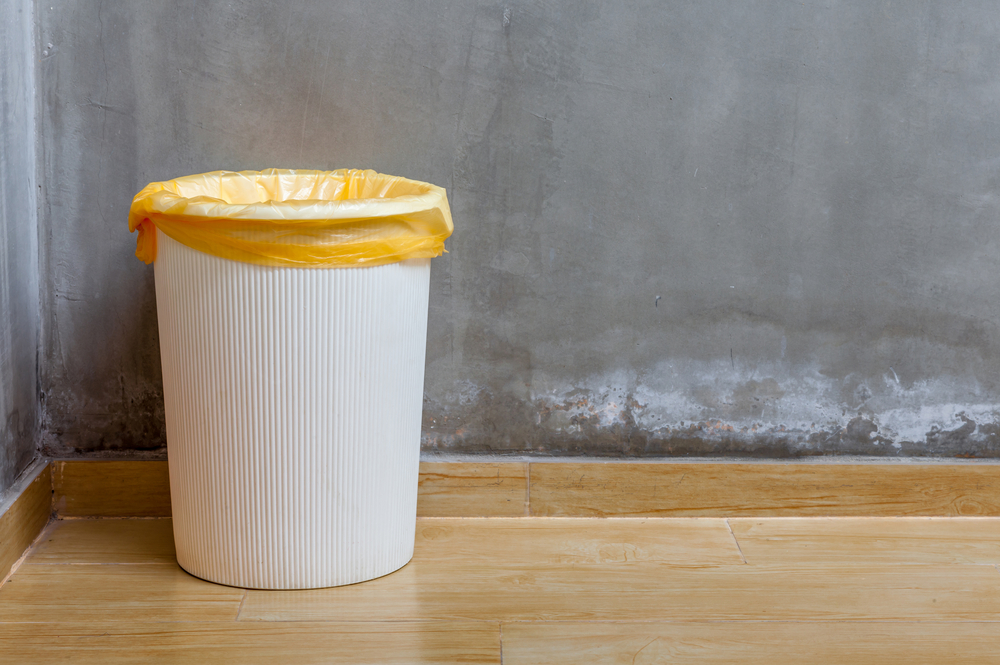Clean These 7 Household Areas to Prevent the Spread of Germs
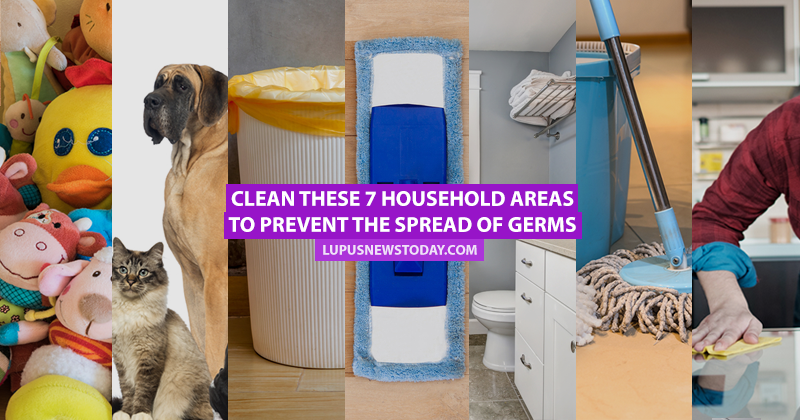
When you are dealing with a disease or illness, your immune system is compromised, making it easier to pick up germs and bugs. While it’s impossible to live in a completely sterile environment, there are ways to try and minimize the amount of germs around your home according to the NHS:
1. Cleaning Materials
Mops and buckets should be disinfected after use, and mop-heads replaced regularly.
Wherever possible, use disposable cloths or paper towels to clean up spillages.
Cloths and sponges that are re-usable need to be disinfected after every use.
Discover 10 tips to help you through cold and flu season.
2. Bathrooms
Use regular bathroom cleaning products to clean wash basins, baths, and showers trays and cubicles frequently.
If someone has been ill, the bathroom needs to be cleaned with disinfectant, including the floor.
Toilets should be flushed after every use and bleach or a toilet cleaner and toilet brush should be used every couple of days. The toilet seat, rim and handle should be cleaned regularly with disinfectant.
Limescale build-up can be removed using limescale removing products.
Tile grout and shower curtains also need to be cleaned regularly.
What do you know about lupus? Here are 10 facts you might be interested in.
3. Kitchen
All preparation surfaces should be hygienically cleaned before and after use.
Separate chopping boards should be used for raw meat, vegetables, fish and other food products.
Wash hands before handling food. Wash and dry hands directly after coming into contact with raw meat and fish.
Wondering about lupus diagnosis and treatment? Learn more about it.
4. Floors
Vacuum carpets and rugs regularly.
Mop floors regularly to remove dirt with hot water and detergent. When mopping floors, you should use two buckets of water, the first with the detergent to wash the floor, the second with hot water to rinse the detergent.
If floors become soiled with urine, feces or vomit, this should be cleaned using paper towels and hot water and then thoroughly disinfected and dried.
Read more on how you can improve your life with lupus with these nine tips.
5. Pets and other animals
Pet food should be kept separate from the family’s food.
Wash hands after petting animals, cleaning their cages or litter trays, and putting out their food.
All dishes, can openers and other utensils used for pet food need to be stored separately.
Wondering what to eat while living with lupus? Here’s a list of recipes for lupus patients.
6. Toys
Toys and play equipment should be cleaned regularly. Clean hard or plastic toys in hot soapy water and dry them thoroughly.
Soft toys can either be put in the washing machine to clean or vacuumed to remove dust.
Read some diet tips to help you treat lupus naturally.
7. Garbage Disposal
Garbage cans with foot pedals are more hygienic because you don’t need to touch them as often.
Always wash and dry your hands after throwing away garbage.
Dispose of garbage carefully so as not to attract any insects or vermin.
Lupus News Today is strictly a news and information website about the disease. It does not provide medical advice, diagnosis or treatment. This content is not intended to be a substitute for professional medical advice, diagnosis, or treatment. Always seek the advice of your physician or another qualified health provider with any questions you may have regarding a medical condition. Never disregard professional medical advice or delay in seeking it because of something you have read on this website.




